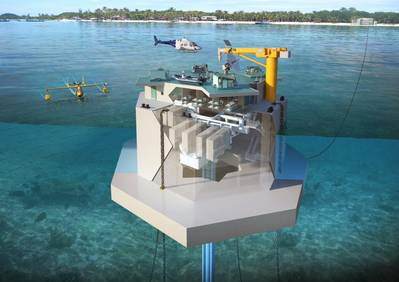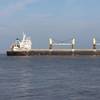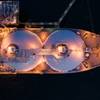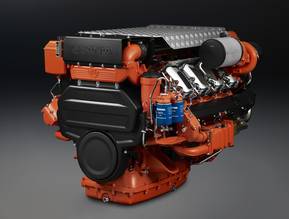Despite historic lows in traditional oil and gas energy markets, research and develoment continues in earnest on a number of projects designed to produce green energy. The latest, an Ocean Thermal Energy Converter (OTEC) from KRISO, received Approval in Principle from classification society Bureau Veritas.
KRISO (Korea Research Institute of Ships & Ocean engineering), established in 1973, is a government-funded research institute in the Republic of Korea and the leader in technology development in ships and ocean engineering.
The BV approval applies to a 1MW plant developed by the Korea Research Institute of Ships and Ocean Engineering (KRISO) which will be built for installation off the coast of South Tarawa, Republic of Kiribati, in the South Pacific Ocean.
“OTEC technology offers the potential for round-the-clock clean renewable energy from the ocean," said Matthieu de Tugny, SVP and Head of Offshore, Bureau Veritas. "We are excited to deploy our expertise in offshore energy, met-ocean studies and structures to help bring this project which will deliver clean electricity to remote areas to fruition.”
Ocean Thermal Energy Conversion (OTEC) is a sustainable way to produce electricity from the difference of temperature between deep cold and warm surface seawater. A working fluid is successively vaporised and condensed in a thermodynamic cycle, with the gas phase driving a turbo-alternator producing electricity.
KRISO’s 1MW OTEC plant is the first practical level of plant on a pathway to building a 100MW commercial system. It consists of an octagonal 6,700 tonne four deck floating platform 35 m across moored 6 km offshore in a water depth of 1,300 m. A 1,000 m pipe 1.2 m in diameter will be used to pump cool water up from the depths to be fed to process plant on the platform.
Approval in Principle for Bureau Veritas implies that the design is feasible, achievable, and contains no technological show-stoppers that may prevent the design from being matured and that the design is deemed to be suitable for use in the metocean conditions that the unit facility will be located in.














